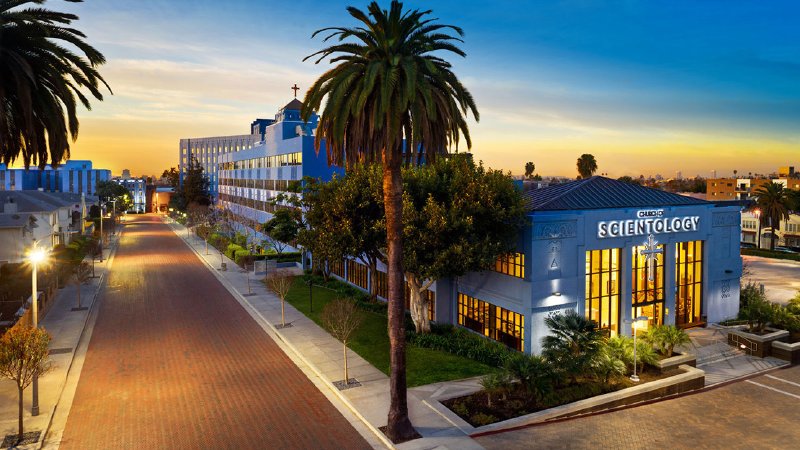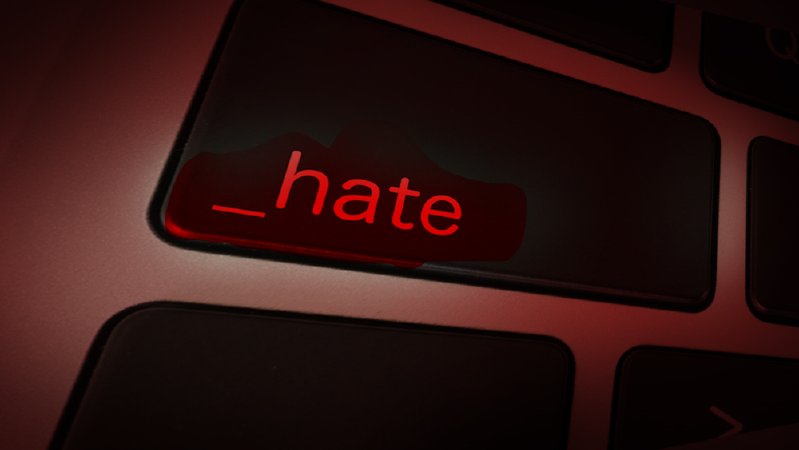
-
HOME
-
WHAT IS STANDOur Mission Our Values Our Help Contact
-
WHAT WE FIGHT FORReligious Freedom Religious Literacy Equality & Human Rights Inclusion & Respect Free Speech Responsible Journalism Corporate Accountability
-
RESOURCESExpert Studies Landmark Decisions White Papers FAQs David Miscavige Religious Freedom Resource Center Freedom of Religion & Human Rights Topic Index Priest-Penitent Privilege Islamophobia
-
HATE MONITORBiased Media Propagandists Hatemongers False Experts Hate Monitor Blog
-
NEWSROOMNews Media Watch Videos Blog
-
TAKE ACTIONCombat Hate & Discrimination Champion Freedom of Religion Demand Accountability
Is the World Coming to an End? Maybe. Maybe Not.
Reading the dramatic daily headlines, it seems as though things are falling apart.
But it’s not usually as bad as it seems.
It’s important to remember how modern press was built—on creating alarm. In 1898, rival publishers Hearst and Pulitzer worked to outdo each other, even perhaps igniting a small war in the Caribbean—all to sell more papers.
We can get on with our lives… so long as we don’t spend all our time absolutely freaked out about headlines.

You are, yourself, the hub of your own social network. Beginning with your own family, you can share good news and pass on ways to do better in life.
That’s a simple start.
And if your own social feed is full of “the sky is falling,” may I recommend “snoozing” the alarmists?
Let’s get on with our lives, and make a better world, shall we?
In that spirit, I’ve updated an article I wrote two years ago about journalism. In my eyes, it’s as relevant today as it was then. More importantly, it has a message of hope—one I hope you’ll enjoy.
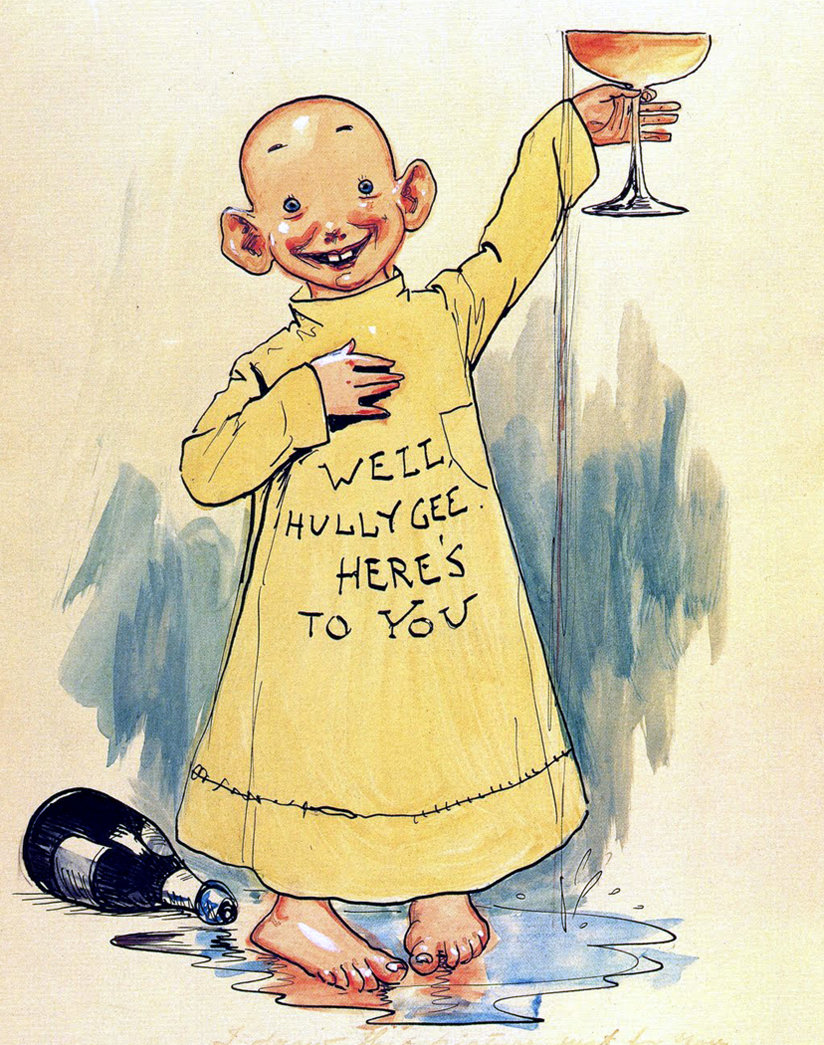
Yellow Journalism: The Circulation War of 1898
There’s no doubt every society needs a free press, if only to disagree with the poohbahs in charge. Someone has to report that the Emperor has no clothes!
Our Founding Fathers viewed the press as essential to democracy. They didn’t have today’s press in mind.
We take for granted that news organizations today “have an agenda,” and we know what network or publication reports from what position.
That’s not to say there aren’t amazing stories that dig up the facts and nothing but the facts. There are. I well remember a series in the New Yorker in the late eighties that opened up my eyes to climate change; and a multipart investigation of the “cancer clusters” story, focusing on the dangers of high-voltage electricity in unsuspecting neighborhoods.
But in general, a newspaper or TV network is dominated by its editorial agenda. And that agenda often “drives the day,” with stories spun for the “brand’s” intended audience.
It’s a practice that’s been with us since the late 19th century.
Yellow Journalism Takes Off
The corruption of the press began over a century ago, with the rise of Yellow Journalism, a term that came from a cartoon character, the “Yellow Kid.”
Newspaper tycoons Joseph Pulitzer and William Randolph Hearst fought over that circulation-building cartoon, and the fight spilled over into actual news.
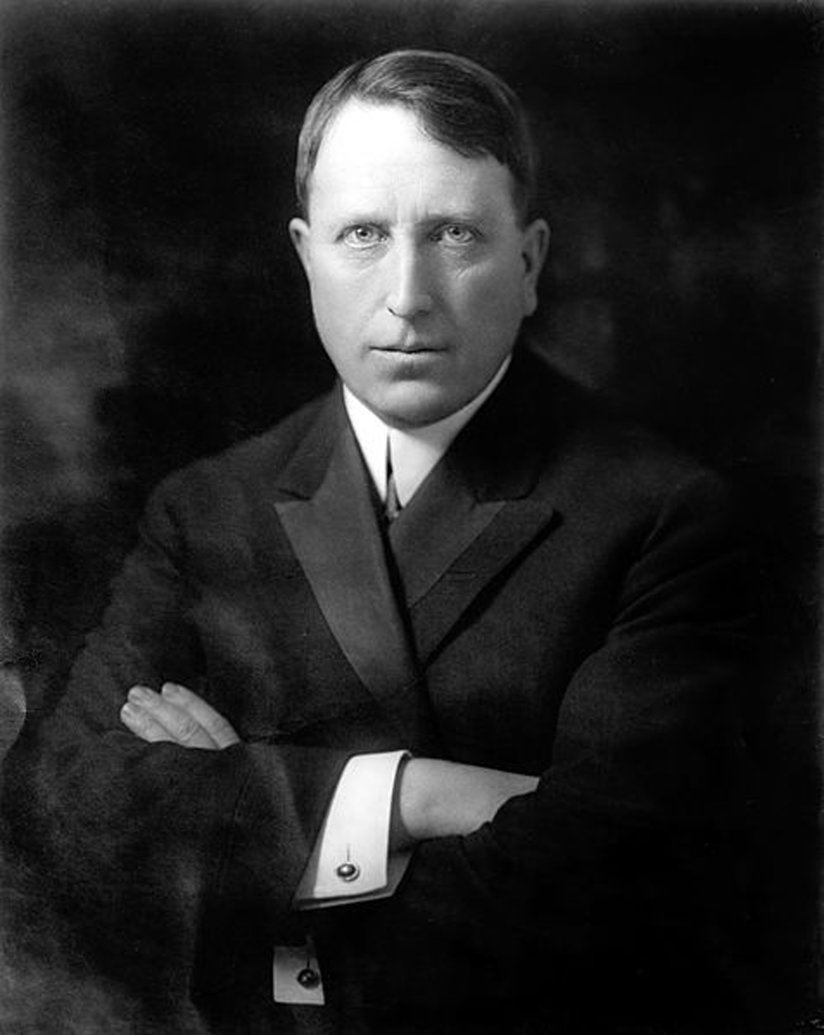
As the U.S. State Department’s historian put it: “Once the term had been coined, it extended to the sensationalist style employed by the two publishers in their profit-driven coverage of world events, particularly developments in Cuba. Cuba had long been a Spanish colony and the revolutionary movement, which had been simmering on and off there for much of the 19th century, intensified during the 1890s. Many in the United States called upon Spain to withdraw from the island, and some even gave material support to the Cuban revolutionaries. Hearst and Pulitzer devoted more and more attention to the Cuban struggle for independence, at times accentuating the harshness of Spanish rule or the nobility of the revolutionaries, and occasionally printing rousing stories that proved to be false. This sort of coverage, complete with bold headlines and creative drawings of events, sold a lot of papers for both publishers.”
The climax of the whole affair came with the sinking of the USS Maine in February of 1898. Hearst and Pulitzer published rumors of plots to sink the ship, and by early May, the Spanish-American War had begun.
The historian concludes: “The dramatic style of yellow journalism contributed to creating public support for the Spanish-American War, a war that would ultimately expand the global reach of the United States.”
There you have it: the circulation war between Pulitzer and Hearst actually helped launch the modern era of U.S. interference in foreign affairs.
In Recovery
Any addict will tell you that turning your life around takes a major change of lifestyle. As the saying goes, “when you think you’ve hit rock bottom, another trapdoor appears.”
Far from confessing the error of its ways, the American press (and the world press that took its cue) simply became the ultimate vessel for entrenched interests. C. Boggs, in his book Phantom Democracy: Corporate Interests and Political Power in America, writes: “Like the political system, the media is a haven for strong lobbies, the pervasive influence of which goes largely unnoticed. Dozens of registered lobbyists, public relations operatives, corporate executives, and business strategists appear regularly on such TV outlets as Fox, CNN, MSNBC, ABC, NBC, and CBS, often without being identified as such. Their function: To manage public images of issues and events, promote financial interests, and further elite agendas... Alternative views were rarely given a voice, even when they might have been more aligned with majority opinion… Although considerable media bias results from outright lobbying power, rarely is this crucial information made available to the audience.”
In other words, the free press that our country so desperately needs is still finding its trapdoors and has never been less free than today.
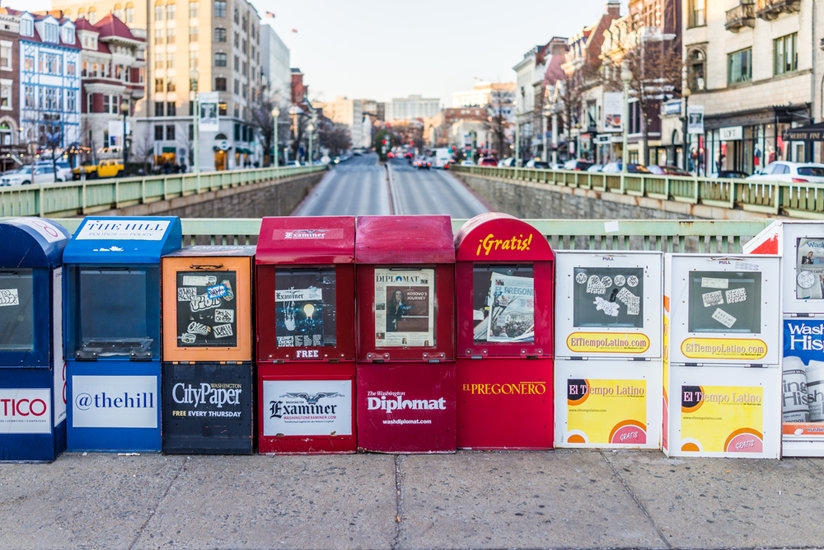
The Great Atlantic Specific
I have met many journalists; and I haven’t met one that I didn’t like. Many of them are dedicated, care deeply about ethics, and know the score about media manipulation by powerful interests.
My taste of the newsman’s life came in the summer of 1968, when I crossed the Atlantic on an Italian student liner. The wine was free but so horrible that even a 16-year-old couldn’t drink it, which is saying plenty.
Somehow I got roped into writing the daily shipboard newspaper, the Great Atlantic Specific―a neat pun on the old supermarket chain, The Great Atlantic & Pacific Tea Company, or A&P.
So, I ignored all society including girls, sports, the bracing ocean breezes, the terrible wine—all of it to work for hours in a cramped cubbyhole with no portholes. I wrote a daily column and even got to be the editor one day.
It was addictive, and to this day I think journalism is special.
A New Hope
Is there hope for the future?
Yes. The disruption of the media, first by the internet and then by social media, has leveled the playing field. It is possible for smart voices, that are not beholden to any corporate interest, to make themselves heard.
The demise of the newspaper is forcing many to have to figure out how to set up shop themselves; whether through online outlets, podcasts or social media. Many of these pioneers are idealistic and determined to present the objective truth in their specialty.
These new media journalists are gradually erasing the stain of Yellow Journalism, and I salute them.
Perhaps this new generation of journalists can help us regain our faith in the truth of reporting about things we know, so that we can believe that the next column over is true, too.






